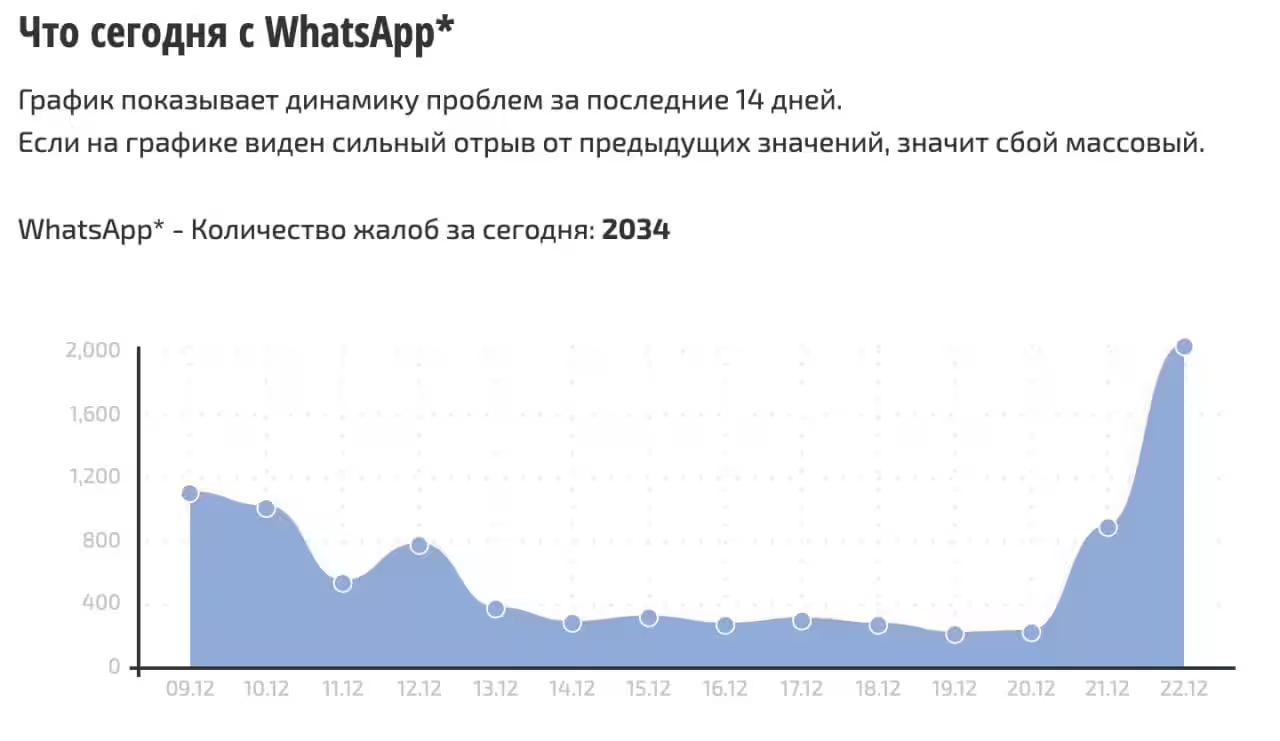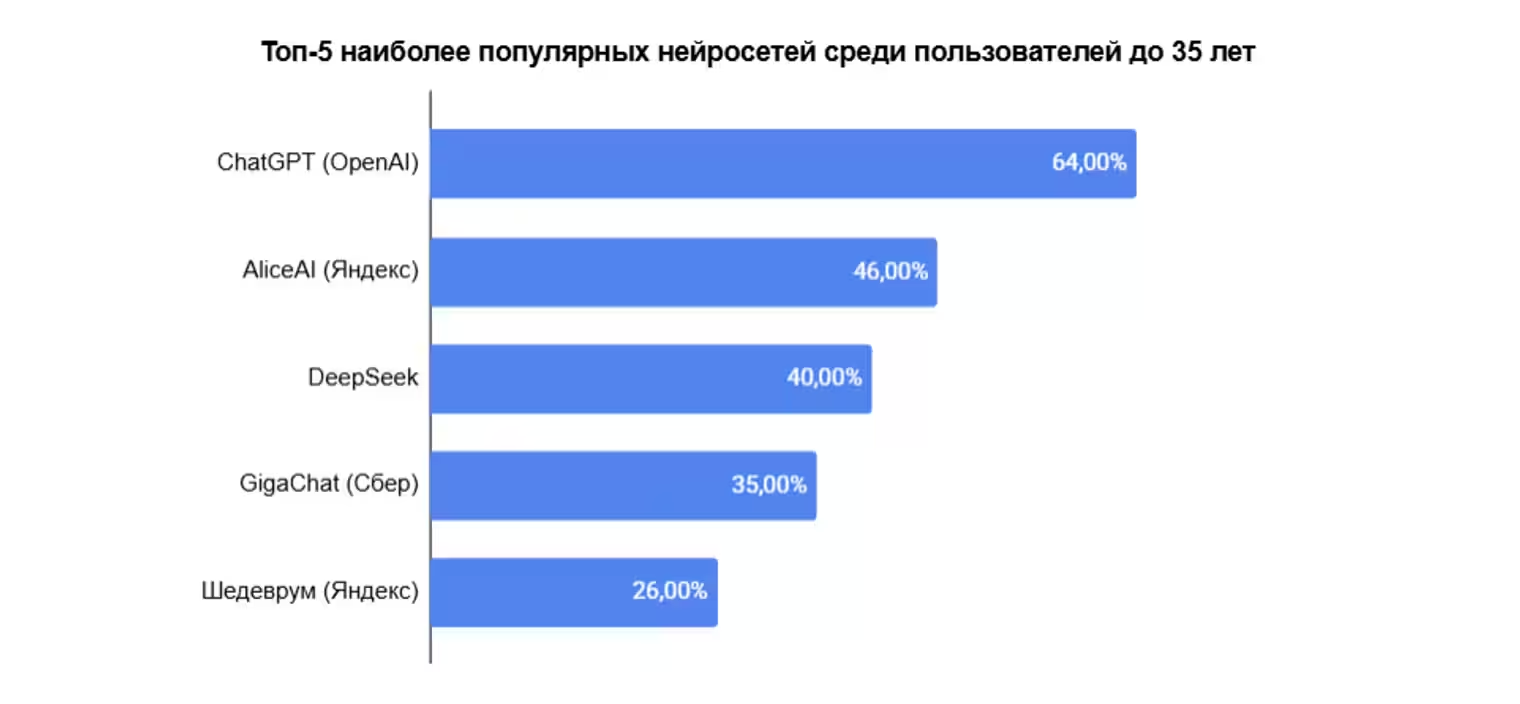Sony AI unveiled a dataset to test the fairness and bias of artificial intelligence

The Sony AI division of Sony AI has released a new dataset designed to assess the fairness and possible bias of artificial intelligence models. It’s called the Fair Human-Centric Image Benchmark (FHIBE, pronounced «Phoebe»). According to the company, it is «the world’s first open, globally diverse and consensus-based set of human images for assessing bias in a wide range of computer vision tasks». In other words, FHIBE allows us to test whether current AI models treat humans fairly. As Sony notes, no existing dataset from other companies has yet met the claimed benchmarks.
FHIBE was created to address ethical concerns and bias in the AI industry. The set includes images of nearly 2,000 volunteers from more than 80 countries. All participants have consented to the use of their images — in contrast to the practice of mass data collection from open sources on the internet. Participants can request the removal of their images at any time. Each image is annotated with demographic and physical characteristics, as well as shooting conditions and camera settings.
Any image is annotated to reflect demographic and physical characteristics, as well as shooting conditions and camera settings.
Research using FHIBE has confirmed previously identified forms of bias in current AI models. In doing so, the tool is able to identify the specific causes of these distortions. For example, some models showed lower accuracy in recognizing people using the pronouns «she/her» and the analysis suggests that one reason is a lack of hair variety in the training data.
Analyses have shown that a lack of hair diversity in the training data is one reason.
FHIBE also demonstrated that current models tend to reproduce stereotypes even when asked about neutral occupations. Some algorithms were more likely to associate members of certain ethnic groups or gender categories with occupations such as «sex worker», «drug dealer» or «thief». When asked about alleged crimes, models often gave toxic responses regarding people of African or Asian descent, as well as men with darker skin tones.
Sony AI believes that FHIBE proves that it is possible to create ethical, diverse and fair data sets. The tool is already available to the public and will be updated regularly. A research paper with the findings has been published in the journal Nature.








